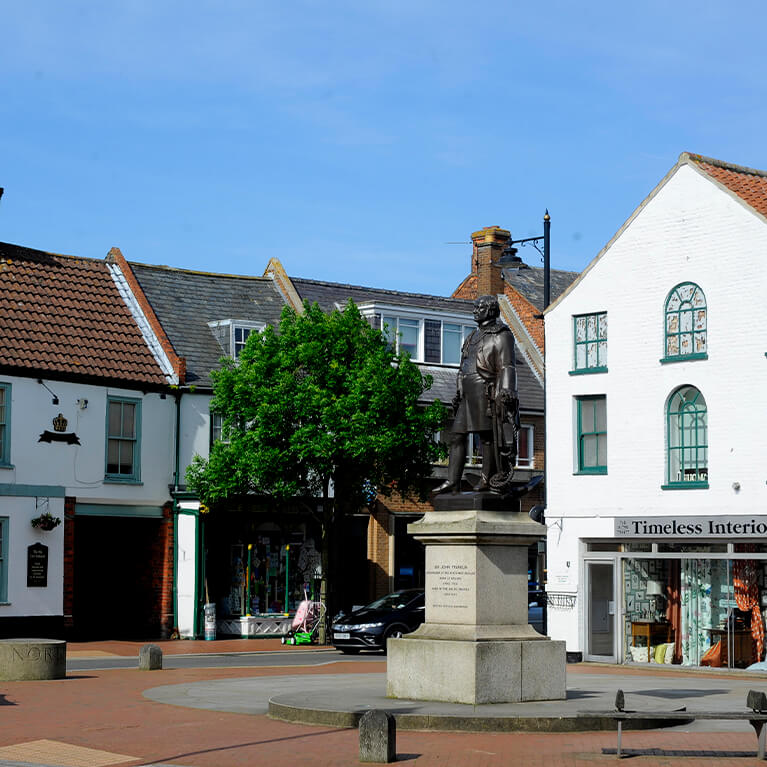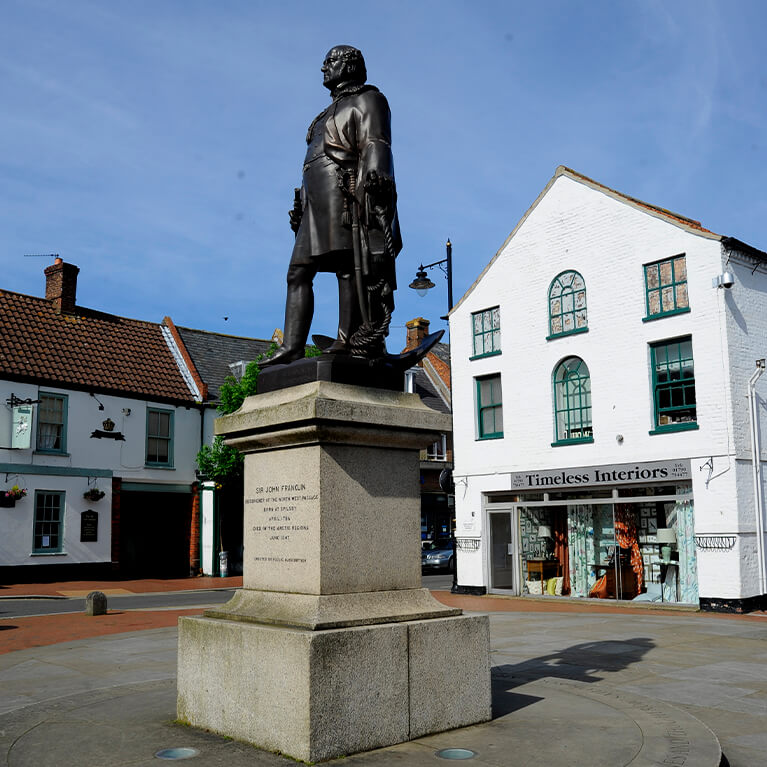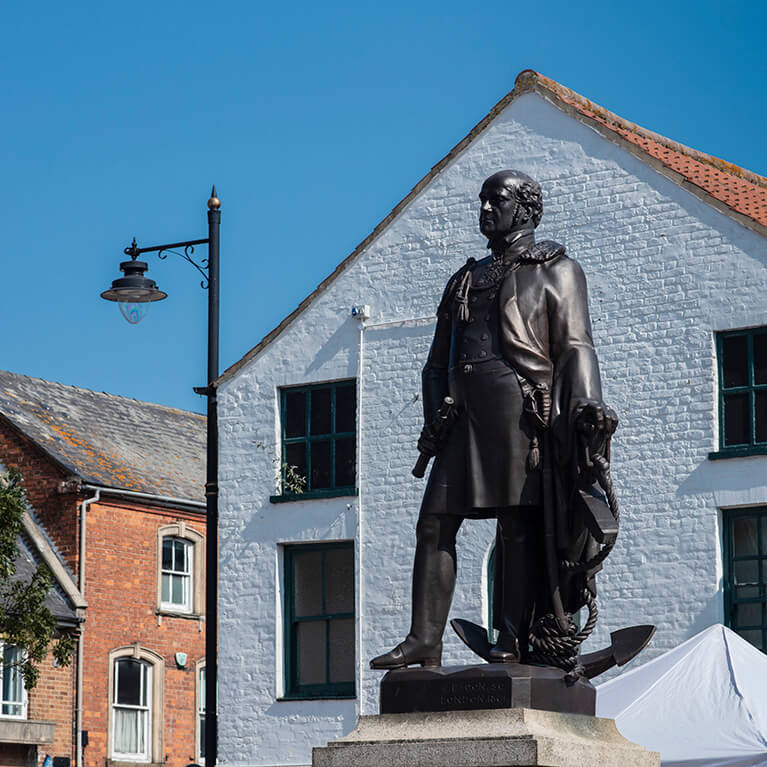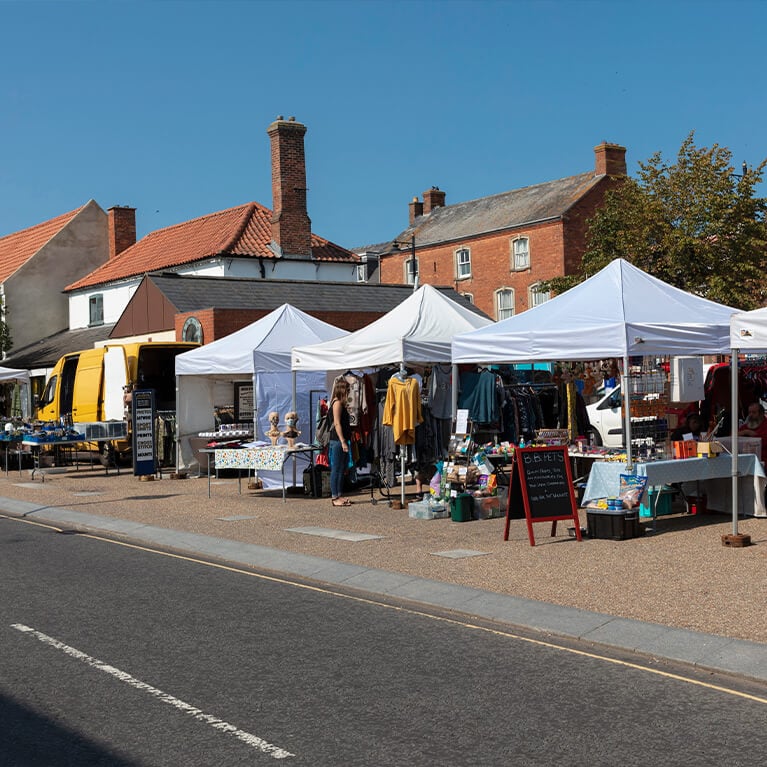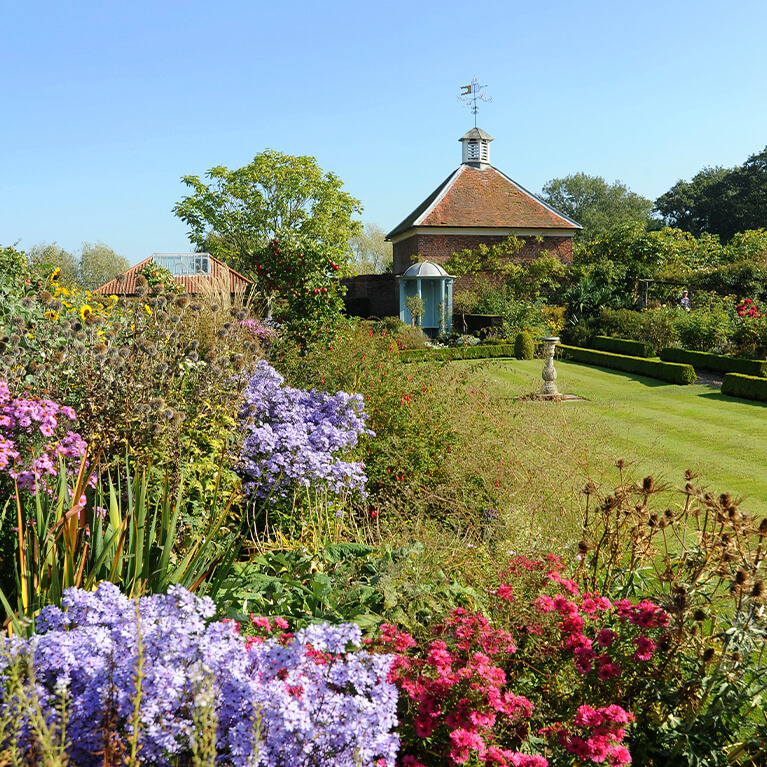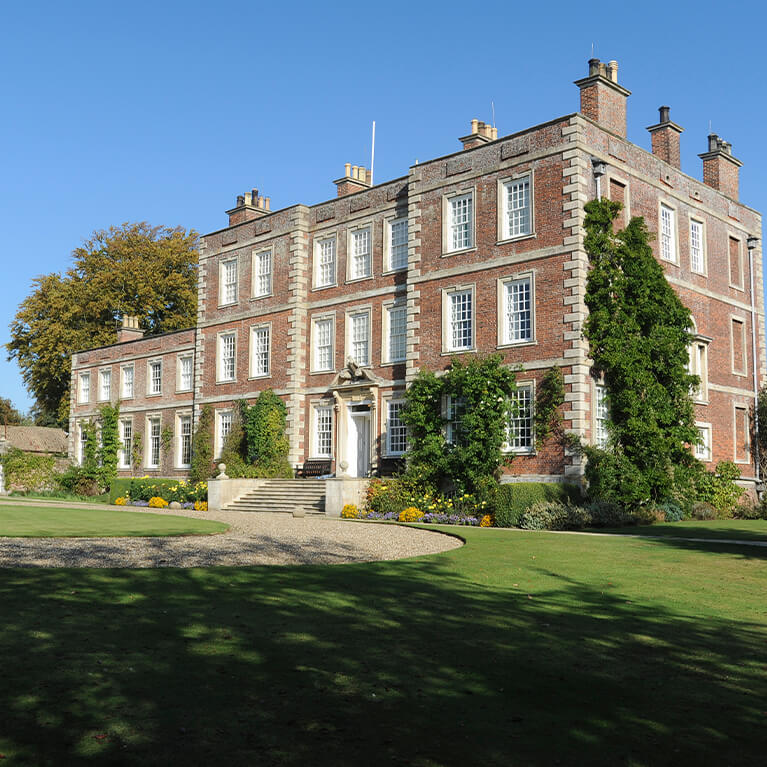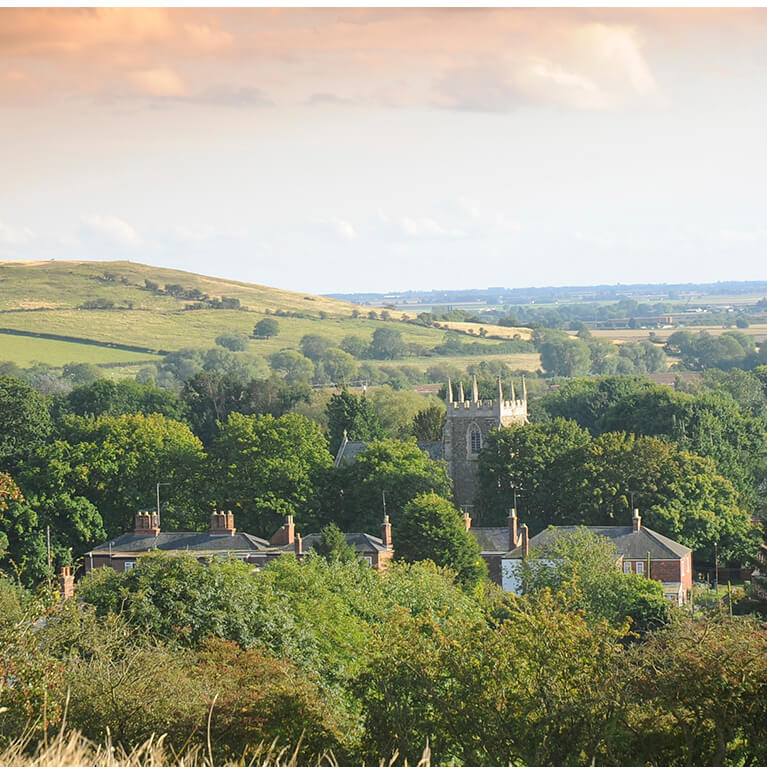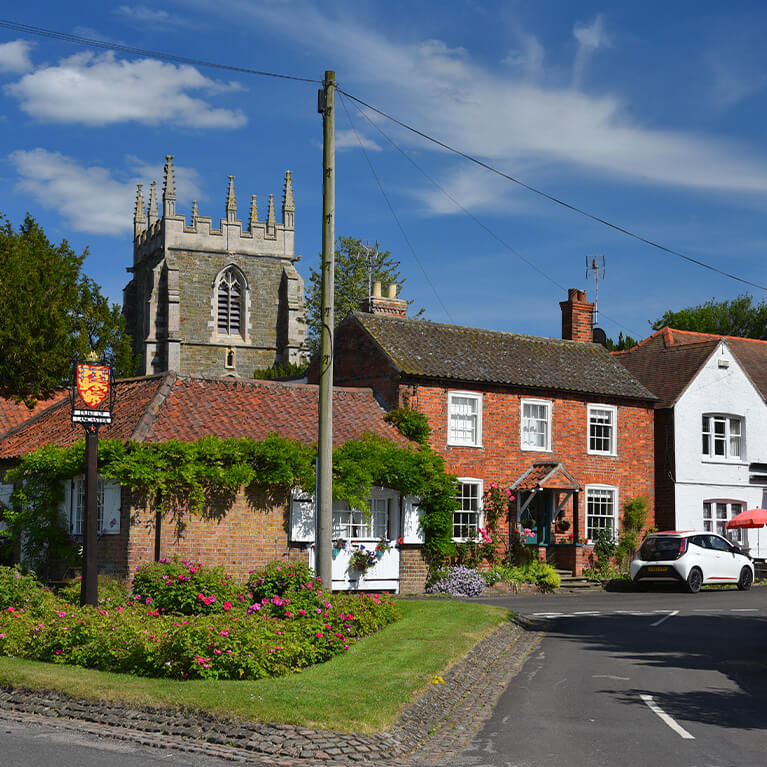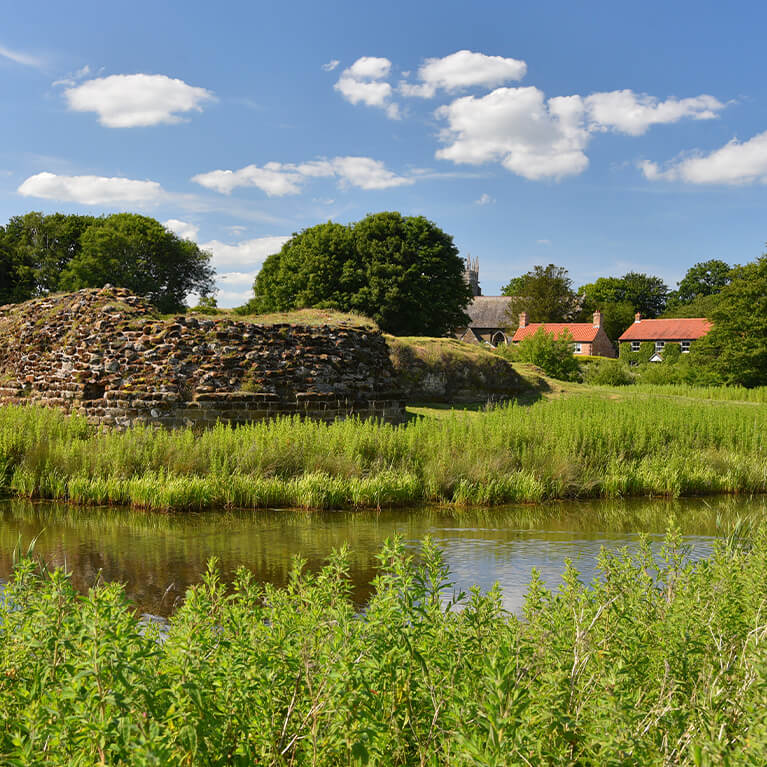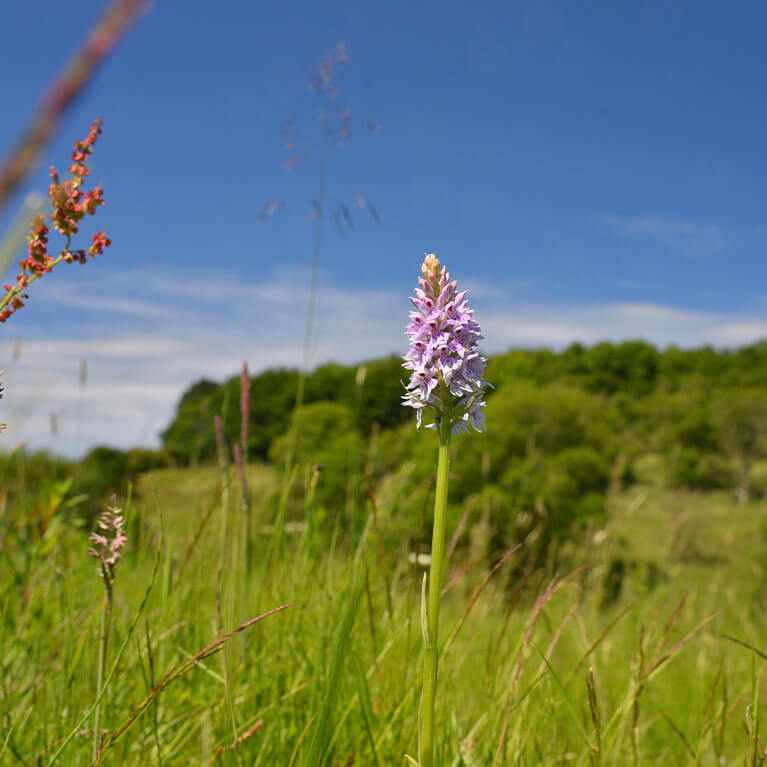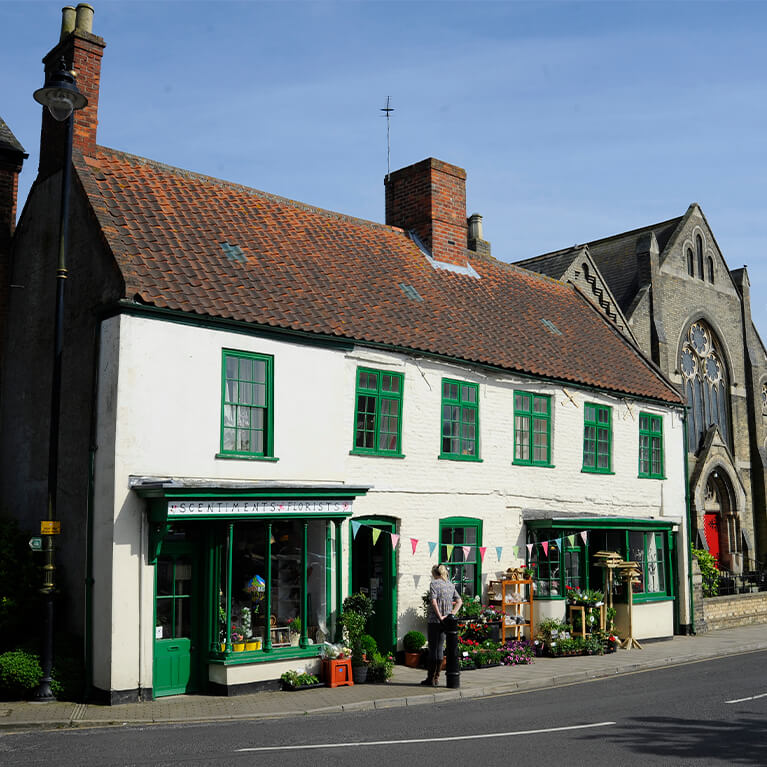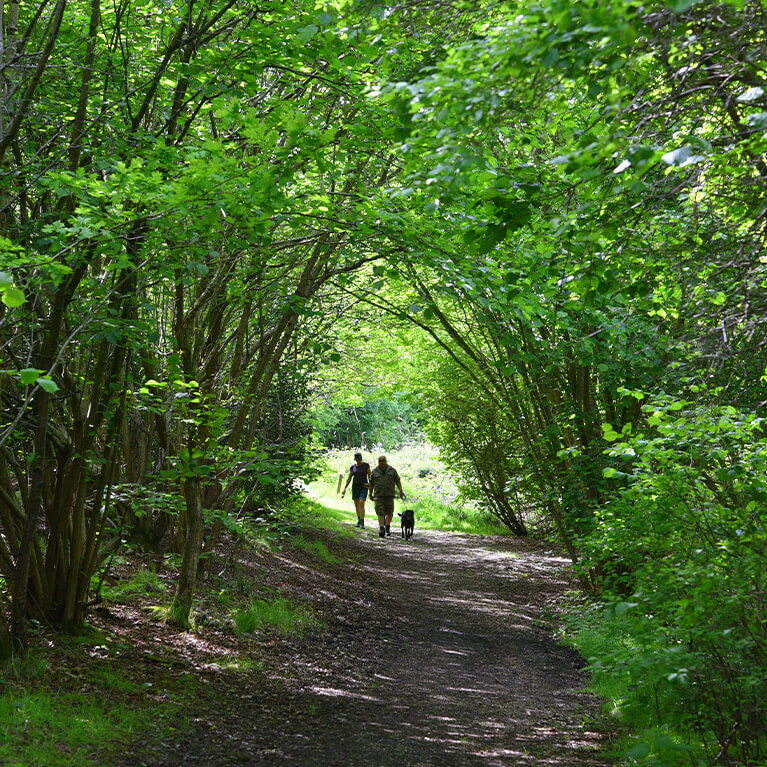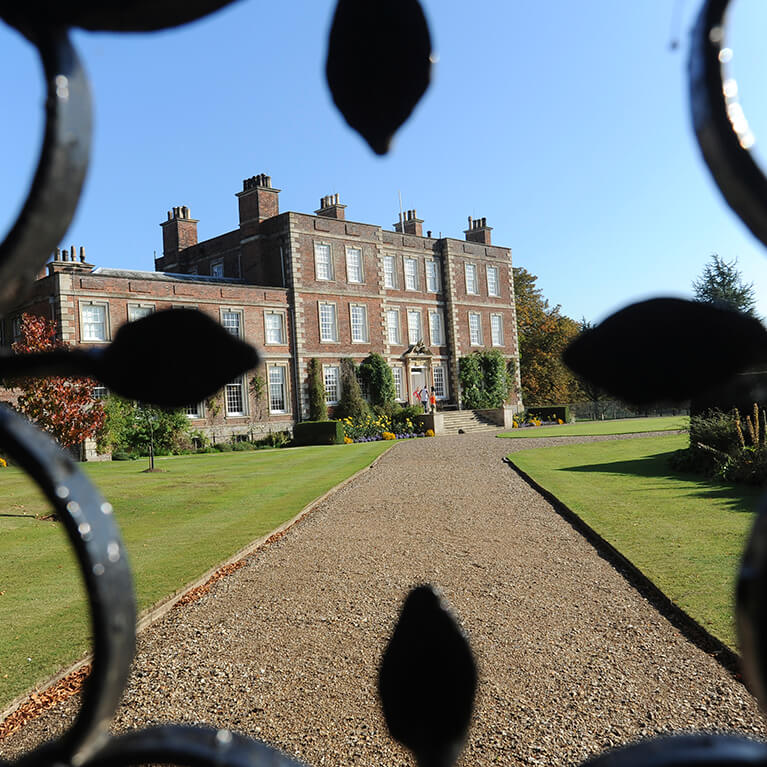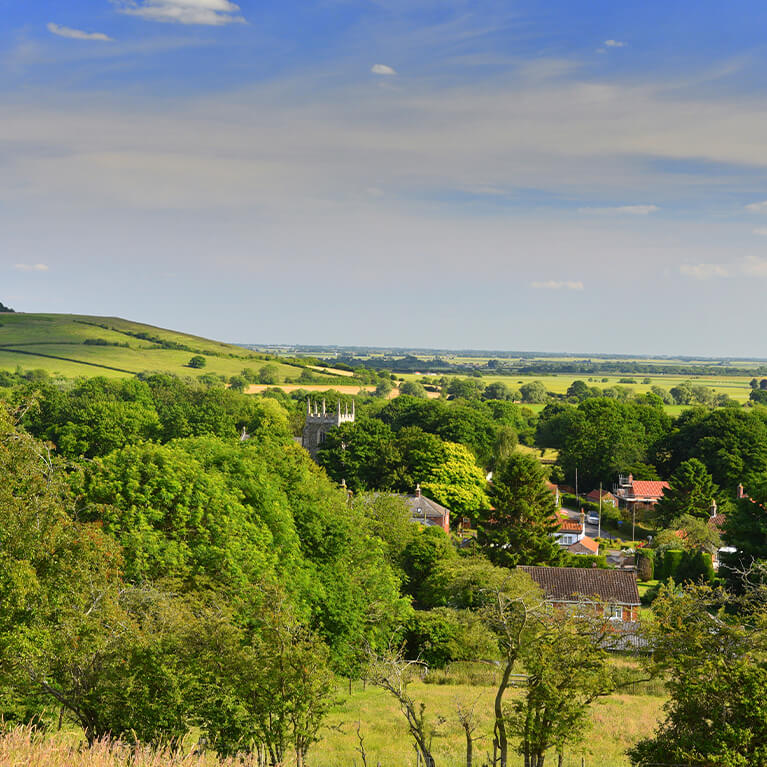quaint market town full of history and charm
Spilsby is a market town in the middle of countryside immortalised by the Victorian Poet Laureate, Alfred Lord Tennyson. Spilsby has three marketplaces, a lot for such a small town, there is the East, Middle and West. The town’s market charter was granted by Edward III in 1302. More unusual ‘goods’ were occasionally on offer, for it is said that even up to the early 1800s a wife could be bought for around 10 shillings. There is an impressive former courthouse and jail with massive Greek Doric columns, it is now the town theatre.
SPECIAL TO SPILSBY
- Sir John Franklin
HOUSES & CASTLES
Gunby Hall
Gunby Hall (NT) just east of Spilsby is a charming early 18th century house of red brick with stone dressings. Gunby is a must for any heritage enthusiast with lovely gardens including a walled garden.
more things to do in the Spilsby area
Battle of Britain Memorial Flight Visitor Centre (BBMF)
Horncastle Pool & Fitness Suite
Laceby Manor Spa & Golf Resort
Lincolnshire Llama Cleethorpes
Medieval Maze and Victorian Splendour Cycle Route
Meridian Leisure Centre, Louth
The Cheese Shed @ Cote Hill Farm
Back 2 Bear Outdoor Activities
Bain Valley, Belmont Mast, Biscathorpe Lake Birdwatching
Covenham Reservoir Birdwatching
Donna Nook National Nature Reserve Birdwatching
Lincoln & Witham Landscape Recovery
Messingham Sand Quarry Birdwatching
Messingham Sand Quarry Nature Reserve
Red Hill & Stenigot Birdwatching
Saltfleetby Theddlethorpe Dunes
South Ormsby Estate Birdwatching
South Ormsby Estate’s Lincoln Red Beef
Willingham Forest & Linwood Warren Birdwatching
‘Tails’ of the Riverbank Cycle Route
Caistor Arts and Heritage Centre
Edge of the Lincolnshire Wolds – Market Rasen to Caistor Cycle Route
Edge of the Lincolnshire Wolds – Market Rasen to Wickenby Cycle Route
In Search of the Lost Don Cycle Route
Iron and Agriculture Cycle Route
Lincolnshire Wolds Cycle Route
Mysteries of the Marshes Cycle Route
Bolingbroke Castle
Three miles from Spilsby is Bolingbroke Castle. The remains of a 13th century hexagonal castle, owned by John of Gaunt and birthplace of his son, the future Henry IV. Besieged and taken by Cromwell’s Parliamentarians in 1643.
Snipe Dales Country Park and Nature Reserve
Also nearby is Snipe Dales Country Park and Nature Reserve. The steep sided valleys of Snipe Dales, fretted by streams and with wonderful views across the southern Wolds. An attractive mix of wet valleys, grassland and woodland supports a wide range of birds throughout the year, as well as butterflies and dragonflies. There are three waymarked trails. The Battle of Winceby 1643 was close by. The Royalists were beaten by the Parliamentarians although Cromwell had his horse shot from under him.
Nearby
Lincolnshire Aviation Heritage Centre
A memorial to the 55,500 troops from Bomber Command who lost their lives during World War II. The Lincolnshire Aviation Heritage Centre is home to some of the rarest aircraft and wartime vehicles and offers unique hands-on and authentic aviation experiences.
did you know?
Sir John Franklin was born here, he joined the navy aged 14 and fought with Nelson’s fleet at the battle of Trafalgar. He followed this with a voyage to Australia with his cousin Matthew Flinders, the explorer. His most famous expedition was a tragic attempt to discover the North West Passage in the Arctic. Two ships equipped with enough food to last three years left in 1845. The full story of their fate – that every man had perished of cold or starvation did not emerge for more than ten years. There is a memorial to Franklin in 14th century St James’ Church and a statue of him in the Market Place.
food & drink highlights in the Spilsby area
places to stay in the Spilsby area
Longwool Lookout at the Rookery Rural Retreats
Louth Livestock Market Motorhome Stopover
Off-the-Grid Camping at Wykeham Hall Farm
Sycamore and Stars Off Grid Retreat
The Saddlehouse at Wykeham Hall Farm
The Stables at the Rookery Rural Retreats
Elmhirst Lakes Luxury Fishing Retreat
Greetham Retreat CL Touring Site
Katie’s Corner at Greetham Retreat
Laura’s Loft at Greetham Retreat
Maggie’s Mews at Greetham Retreat
Rose’s Rest at Greetham Retreat
The Half Moon Hotel and Restaurant
Wendy’s Wing at Greetham Retreat
Holme Lea Caravan & Camping Site (inc. Green Gables Luxury Wagon)
Otby House Farm Caravan and Camping Site
more about the Wolds
Discover more information about things to do, food and drink and places to stay in the area.
